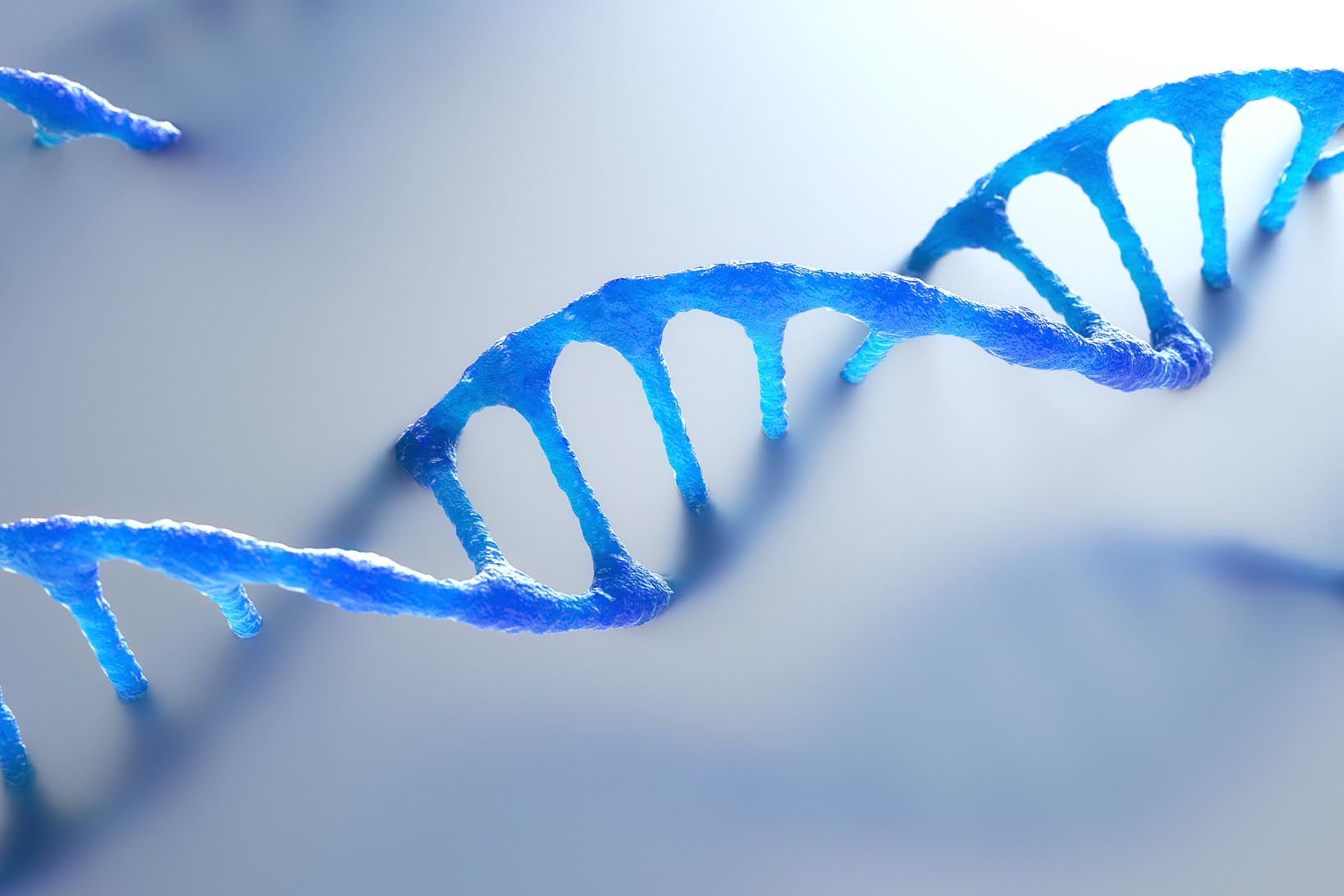• Bacterial changes
• Stool transplants
• Beneficial bacteria
What is already known on this topic
Changes in the gut microbiota have been linked to conditions such as obesity, type 2 diabetes, and cancer. But little is known about the role of gut microbes in aging.What this research adds
Both children with progeria, a genetic disorder that causes premature aging and death, and mice genetically modified to exhibit progeria-like symptoms developed increasingly severe intestinal dysbiosis as their disease progressed. Transferring bacteria from the feces of healthy mice into the guts of mice with progeria slowed down the progression of symptoms within a few weeks.Conclusions
Although more work is needed to identify how beneficial bacterial species work in animals and people, the findings could help to design targeted probiotic treatments for age-related conditions.
Fecal transplants help prematurely aging mice to live longer, according to a new study. The findings, published in Nature Medicine, suggest the existence of a link between aging and the gut microbiota, and they could one day help design targeted probiotic treatments for age-related conditions.
Intestinal dysbiosis has been associated to a variety of conditions, including obesity, type 2 diabetes, and cancer. But although a few studies linked age-related diseases with changes in the gut microbiota, little is known about the role of gut microbes in aging.
So Clea Bárcena at the University of Oviedo and her colleagues set out to examine the gut microbiota of 5 children with progeria, a genetic disorder that causes premature aging and death, as well as the gut bacteria of mice genetically modified to exhibit progeria-like symptoms.
Bacterial changes
Both the children and the mice with progeria developed increasingly severe microbiota imbalances as their disease progressed. In particular, they had increased numbers of Proteobacteria and Cyanobacteria, and decreased levels of bacteria from the Verrucomicrobia phylum.
But the researchers didn’t observe such changes in stool samples from 17 people who had reached 100 years of age: all the centenarians had high levels of Verrucomicrobia.
Stool transplants
Next, the researchers assessed whether changing the gut microbiota of mice with progeria changed the course of their disease. Transferring bacteria from the feces of healthy mice into the guts of mice with progeria slowed down the progression of symptoms within a few weeks.
Rodents with progeria that received fecal transplants from healthy mice lost less weight and lived about 15% longer than untreated mice.
However, when healthy mice received a fecal transplant from mice with progeria, they had slower metabolisms than untreated mice—although they didn’t show any progeria-like symptoms.
Beneficial bacteria
The researchers found that Akkermansia muciniphila, a bacterium from the Verrucomicrobia family, played a key role in healthy aging by increasing the levels of secondary bile acids in the gut. Secondary bile acids, which are produced by gut microbes, were low in mice with progeria and abundant in individuals who were over 100 years old.
When the team fed A. muciniphila to mice with progeria, the animals’ lifespan increased.
Although more work is needed to identify how beneficial bacterial species work in animals and people, the findings could help to design targeted probiotic treatments for age-related conditions, the scientists say.











